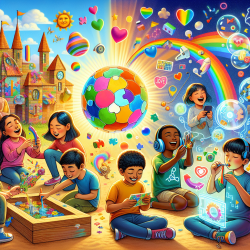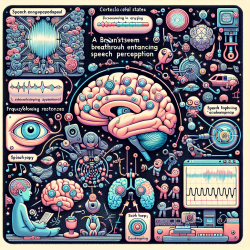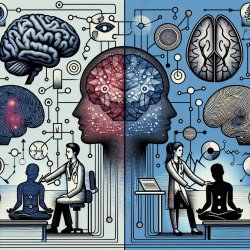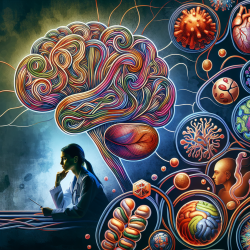As parents and educators, we are often attuned to the subtle shifts in a child's behavior. When a child starts acting out or withdrawing, it signals that they might be grappling with emotional or behavioral challenges. In such cases, play therapy emerges as a powerful tool to help children navigate these difficulties.
Understanding Play Therapy
Play therapy is a specialized psychotherapeutic approach designed for children aged three to twelve. It leverages the natural medium of play to help children express their feelings, process experiences, and develop healthier behaviors. In a dedicated playroom equipped with carefully selected toys, children can safely explore their emotions and stories under the guidance of a trained play therapist.
How Play Therapy Works
Children often struggle to articulate their feelings verbally. Through play therapy, they use toys as symbols to express experiences that are too complex for words. For instance, a child who has witnessed conflict at home might reenact such scenes using puppets. This symbolic play allows them to process emotions and experiences constructively.
Key Benefits of Play Therapy
- Facilitating Healing: Children can process traumatic or stressful experiences through play, enabling them to "unstick" trapped emotions and memories.
- Expression of Feelings: Play provides a safe space for children to express emotions that might be difficult to convey in other settings.
- Encouraging Creativity: By engaging in creative play, children can explore new perspectives and solutions to their problems.
- Developing Decision-Making Skills: Play therapy empowers children to make choices and take responsibility for their actions.
- Improving Communication: Through symbolic play, children communicate fears and desires, helping adults understand their needs better.
- Learning New Behaviors: Therapists model positive behaviors through role-playing activities, helping children adopt healthier ways of interacting.
The Role of the Therapist
A trained play therapist creates an environment where therapeutic benefits are optimized. By interacting with the child in a supportive manner, the therapist helps activate the child's self-healing abilities. This unique therapeutic environment facilitates emotional relief and behavioral improvement.
TinyEYE's Online Therapy Services
TinyEYE provides online therapy services designed to extend the benefits of play therapy beyond traditional settings. Our therapists work closely with schools to ensure that every child receives personalized support tailored to their unique needs.
For more information on how play therapy can benefit your child or to explore our services further, please follow this link.










